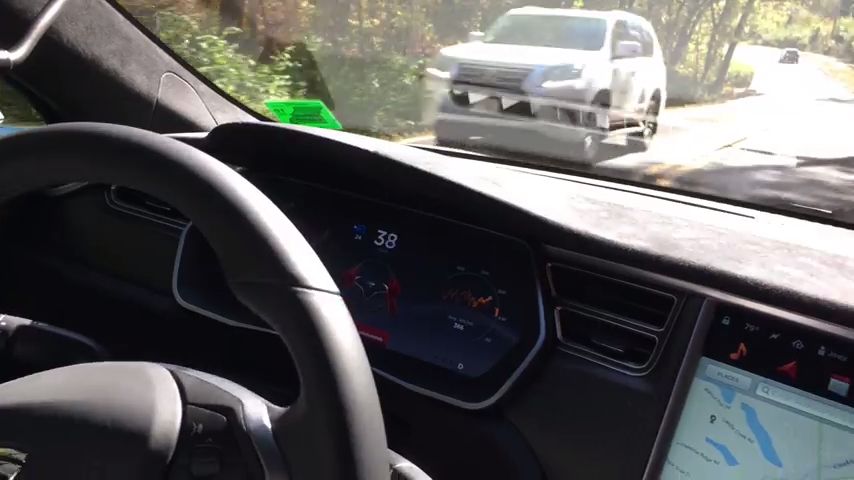Your car is a double agent: Internet connectivity allows it to monitor and report your location and driving habits
01/23/2018 / By Frances Bloomfield

If you’re one of the tens of millions of drivers whose car is connected to the Internet, beware: Your car could be spying on you. This foreboding warning comes from various auto and privacy experts who’ve noticed disturbing trends among the majority of modern automobiles. According to the DailyMail.co.uk, there are a plethora of ways that your car is collecting personal information on you.
For instance, your car’s GPS system helps it keep track of the places you frequent the most, such as your favorite restaurants or your place of work. The GPS system combined with your car’s clock and the safety alarm on your seat belt can inform automakers of how frequently or infrequently you strap in while driving. Even your weight can be taken note of thanks to built-in sensors that remind you to plug in your seat belt. Outfitted with newer technology, more recent automobiles have taken things even further, with some even being capable of tracking your eye movements.
Lisa Joy Rosney, chief marketing officer of cloud marketplace operator Otonomo, remarked that car manufacturers had all but transitioned from hardware to software companies. “The first space shuttle contained 500,000 lines of software code, but compare that to Ford’s projection that by 2020 their vehicles will contain 100 million lines of code. These vehicles are becoming turbocharged spaceships if you think of them from a purely horsepower perspective,” she added.
And all of this data is being transmitted to car companies that argue for the necessity of such features. Automakers claim that the data they gather is for the purposes of bettering vehicle safety and boosting the performance of their automobiles. Through this, they’ll be minimizing car accidents and saving countless lives on the road. Plus, the people who buy their cars more or less permit automakers to monitor their every move when they sign service agreements. It’s these very service agreements that inform consumers of what they’re getting into, and it just so happens to be buried within blocks of text that most people don’t read.
Though these same automakers have stressed that this data will not be shared with third parties without consent (as per the Driver Privacy Act of 2015), many people have stated that more steps would have to be taken to ensure consumer privacy and safety. (Related: FBI seeks new legal powers to clandestinely take over computer systems and spy on users)
“Not only are automakers collecting a lot of data, but they also don’t have a particular regime that is regulating how they do it,” said Ryan Calo, associate professor of law at the University of Washington. “Any company that has tons of data about consumers and can control the interaction with them is going to have the capability and incentive to try to use that information to the company’s advantage — and possibly to the detriment of consumers. It’s almost unavoidable.”
World Privacy forum founder and executive director Pam Dixon added: “Most people don’t realize how deeply ingrained their habits are and how where we park our car on a regular basis can tell someone many things about us. There’s a load of anti-fraud companies and law enforcement agencies that would love to purchase this data, which can reveal our most intimate habits.”
Visit a cardiologist on a semi-weekly basis? Information about your health is now in the hands of automakers. It’s a terrifying thought, but this is the reality that we live in now.
Is your television spying on you too? Find out what other products could be compromising your privacy by going to PrivacyWatch.news today.
Sources include:
Tagged Under: automobiles, cars, freedom, future tech, Glitch, Liberty, privacy, privacy watch, self-driving cars, surveillance, technology, Tyranny, vehicular surveillance



















